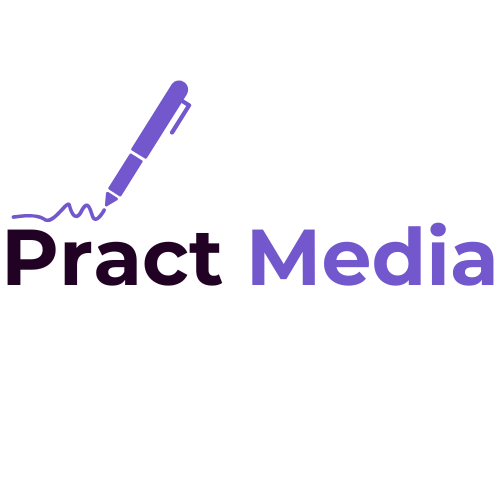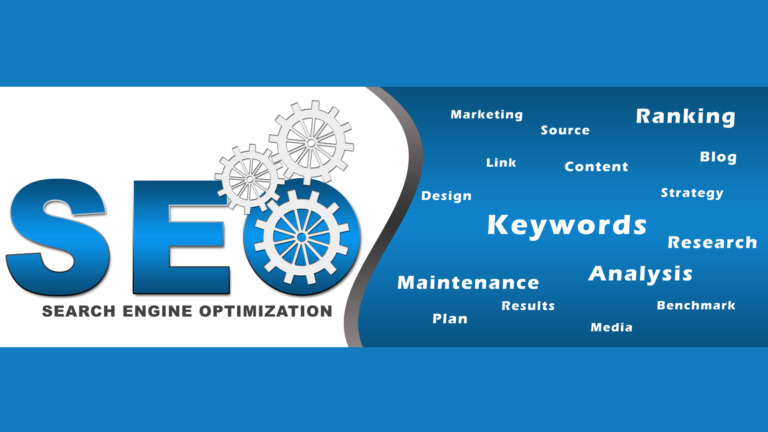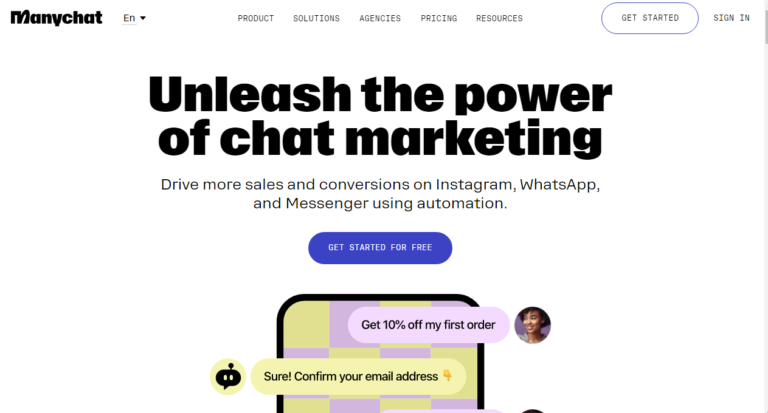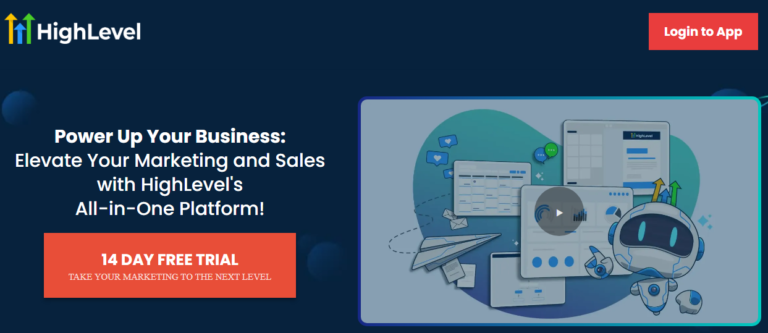Email Outreach Examples: A Complete Guide
Email outreach is a cornerstone of digital marketing,
enabling businesses to connect with potential clients,
partners, or leads directly through email.
Email outreach is one of the most effective ways
to communicate professionally,
whether you’re reaching out to establish
a connection or nurture a relationship.
But what exactly is email outreach,
How can you make it work for your business?
This guide will dive deep into email outreach
examples, and best practices.
Types of Email Outreach
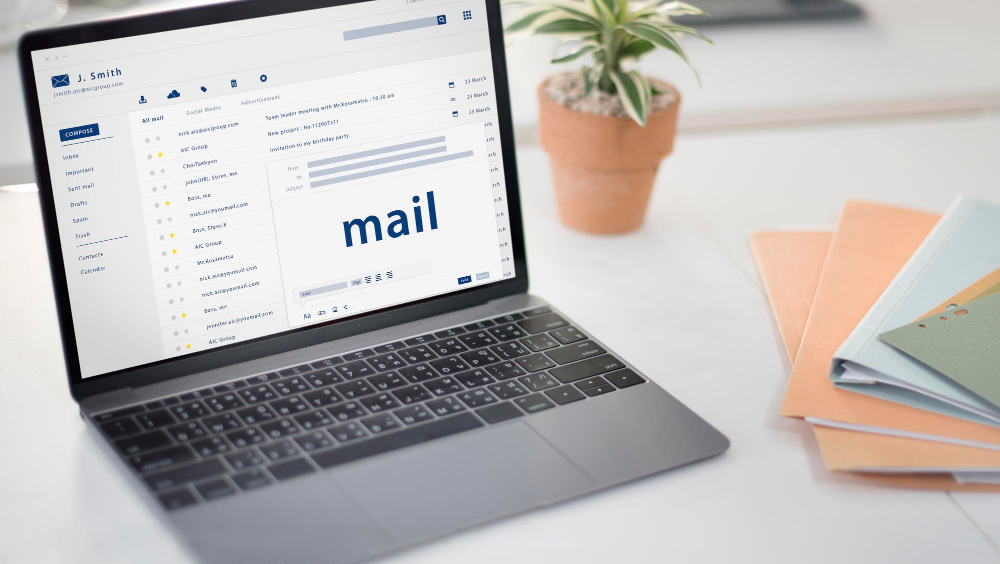
Cold Email Outreach
Cold emailing involves emailing someone you haven’t previously interacted with.
It’s a delicate balance between introducing yourself
and providing value without being too sales-driven.
Warm Email Outreach
Warm email outreach is more personal and typically follows previous interactions.
It may involve reconnecting
with someone you’ve spoken to in the past or
following up on a meeting or conversation.
Follow-up Email Outreach
Follow-up emails are gentle reminders,
typically sent when a recipient hasn’t responded to your initial email.
They help you stay on top of your mind without being pushy.
Benefits of Email Outreach
Building Connections
Email outreach is a great way to establish meaningful relationships
with potential clients, influencers, or partners.
It allows you to start conversations and nurture those connections over time.
Generating Leads
By crafting thoughtful outreach emails,
you can attract new leads who could become clients,
collaborators, or partners for your business.
Growing Your Network
Consistent outreach helps you expand your network,
opening opportunities for future projects, partnerships, and growth.
How to Write Effective Email Outreach Messages

Subject Line: The First Impression
The subject line is your first chance to grab attention.
Make it clear, engaging, and relevant to the recipient.
Avoid clickbait or misleading titles,
as they can hurt your credibility.
Personalization: Addressing the Recipient’s Needs
Constantly tailor your outreach to the recipient.
Refer to their work, industry,
or specific pain points to show you’ve done your homework.
Crafting a Clear Call to Action (CTA)
Your email should have a particular purpose.
Whether you’re asking for a meeting, seeking feedback,
or offering your services, the CTA should be clear and easy to follow.
Best Practices for Email Outreach
Timing: When to Send Emails
The time you send an email can significantly affect its success.
Weekday mornings generally have higher open rates,
but testing different times is crucial to finding what works for your audience.
Keeping the Tone Professional but Friendly
While maintaining professionalism is essential,
a conversational tone helps build rapport.
Make your message approachable while staying respectful.
Avoiding Spam Filters
Avoid spammy language, including too many links,
and use all caps in your subject line to ensure your emails
reach the recipient’s inbox.
Common Mistakes in Email Outreach
Being Too Salesy
Avoid aggressively marketing your product or service.
Focus on offering value first, and the rest will follow.
Not Following Up
Sometimes, people are too busy to reply to the first email.
Following up politely can often result in a response.
Ignoring Personalization
Sending generic emails is a surefire way to get ignored.
Personalize your message to the individual,
showing that you’ve taken the time to understand their business or needs.
Cold Email Outreach Examples
Template 1: Introduction and Value Proposition
“Hi [Name],
I came across your [article, company, profile] and was impressed by [specific detail].
I believe that [your company/product/service]
could offer value to [problem they are facing].
Would you be open to a brief call to discuss further?”
Template 2: Offering a Solution to a Problem
“Hey [Name],
I noticed that [company pain point].
My team specializes in helping businesses like yours solve this by [solution].
If you’re interested,
I’d love to schedule a quick chat to explain how we can help.”
Warm Email Outreach Examples
Template 1: Building on Previous Interactions
“Hi [Name],
It was great speaking with you at [event/conference] last week.
I wanted to follow up and see if you had given any thought to [proposal or topic].
We could collaborate on something great.”
Template 2: Reconnecting with Past Clients
“Hey [Name],
We worked together on [project] a while back.
I wanted to check in and see how things have been since.
I’d love to help you with any upcoming projects or ideas you might have.”
Follow-up Email Outreach Examples
Template 1: Reminder Email
“Hi [Name],
I hope this email finds you well!
I wanted to follow up on my previous message about [topic].
Do you think we could set up a time to discuss further?”
Template 2: Closing the Loop
“Hey [Name],
I wanted to check in one last time regarding [previous email topic].
If it’s not something you’re interested in at the moment,
no worries at all! I just wanted to close the loop on this.”
Personalizing Your Outreach for Different Industries
B2B Email Outreach Examples
When reaching out to businesses,
focus on how your product or service can increase efficiency
or solve a specific business pain point.
B2C Email Outreach Examples
For consumer-focused outreach,
highlight the personal benefits
and experiences your product or service can provide.
Email Outreach for Lead Generation

How to Generate High-Quality Leads via Email Outreach
Targeted and personalized outreach can help you attract more qualified leads,
leading to more fruitful business relationships.
Email Outreach in Content Marketing
Pairing outreach with content marketing
(like offering valuable content) can boost lead generation efforts.
Tools to Enhance Email Outreach
Email Marketing Platforms
Platforms like Mailchimp or HubSpot can streamline your outreach campaigns,
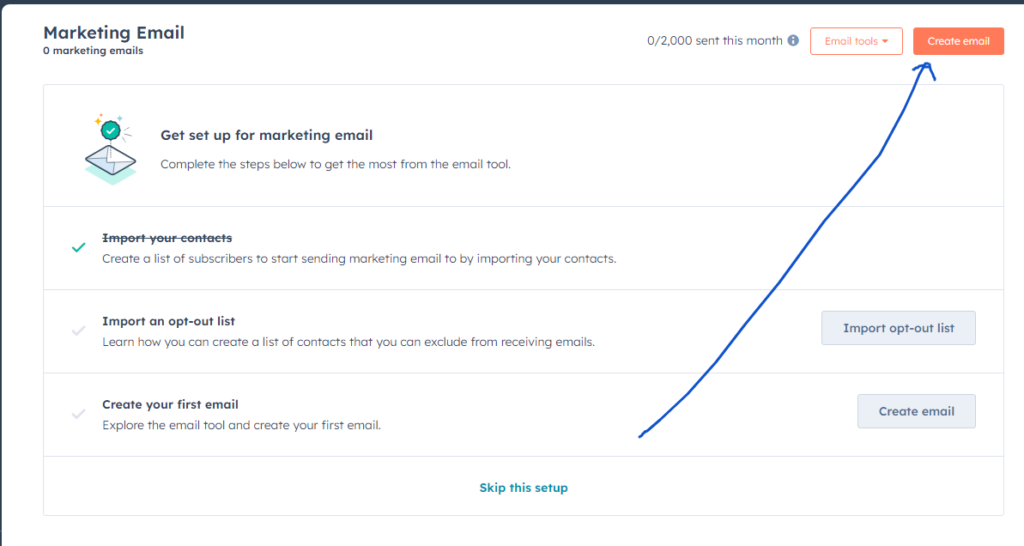
allowing for personalization at scale.
Tools for Tracking and Analytics
Track open rates, click rates,
and responses using tools like Mixmax or Yesware
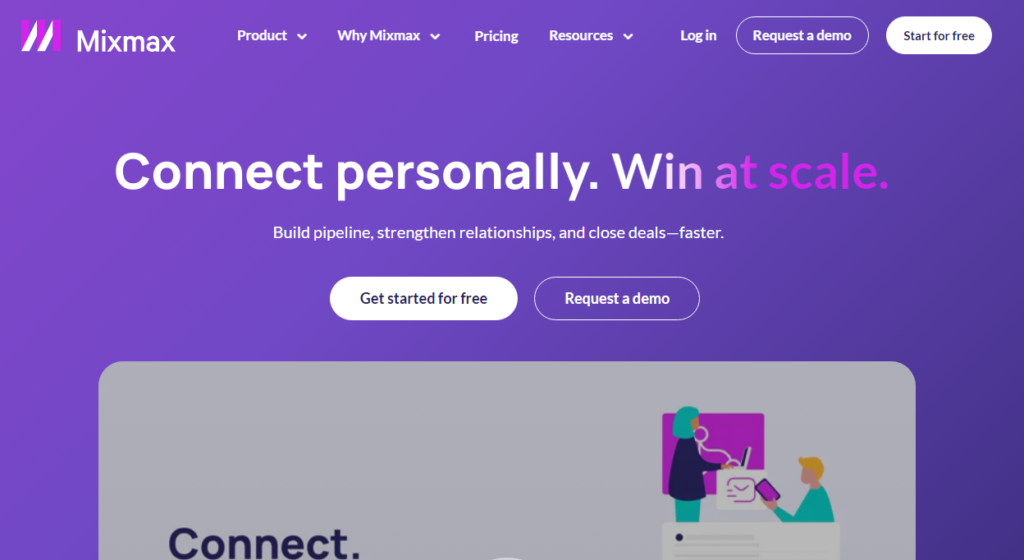
to measure the effectiveness of your outreach.
Measuring the Success of Your Email Outreach Campaign
Key Metrics to Track
Metrics like open rates, click-through rates,
and response rates can tell you a lot about the success of your outreach efforts.
Analyzing Open Rates and Response Rates
Do you have high open rates but low response rates?
Your subject line is working,
but the body of your email might need tweaking.
How to Avoid the Spam Folder
Ensuring Deliverability
Use double opt-in methods to ensure that
your email list consists of people who want to hear from you.
Using Email Authentication
Authenticating your email with SPF, DKIM,
and DMARC can prevent your emails from ending in the spam folder.
Note
always provide value before pitching your product
or your service you should build trust between you and your potential client
all tactics and strategies don’t work if they are not providing any real value
to the customer first, keep this in mind
Conclusion
Email outreach is essential for building connections,
generating leads, and growing your network.
By following best practices and avoiding common mistakes,
you can maximize your email outreach efforts.
Remember, consistency is key,
and personalization can be
the difference between being ignored and getting a response.
FAQs
What should the subject line of an outreach email include?
A subject line should be concise, clear, and intriguing.
It should give the recipient a reason to open the email.
How often should you follow up after sending an email?
Ideally, you should wait 3-5 business days before sending a follow-up email.
What are the critical elements of a good email outreach message?
Personalization, a clear purpose, and a solid call to action are essential.
Can I send the same email template to multiple contacts?
Yes, but make sure to personalize the vital details
to make the recipient feel like the message is tailored for them.
How can I improve my email outreach open rates?
Improve your subject lines, time your emails appropriately,
and ensure your list consists of engaged recipients.
